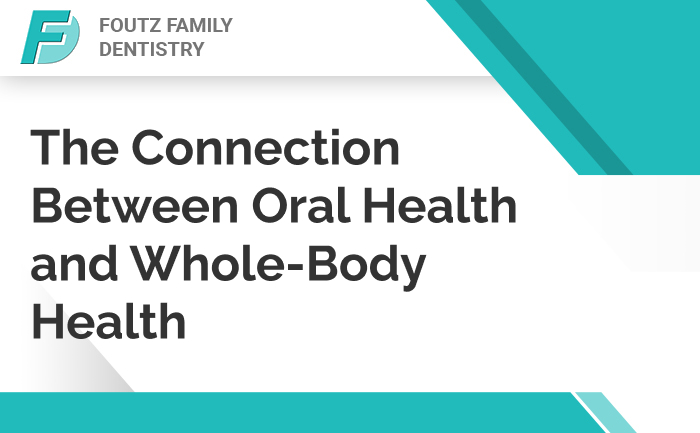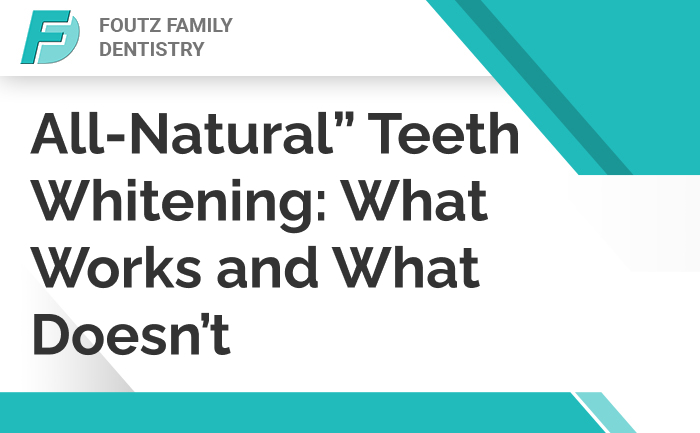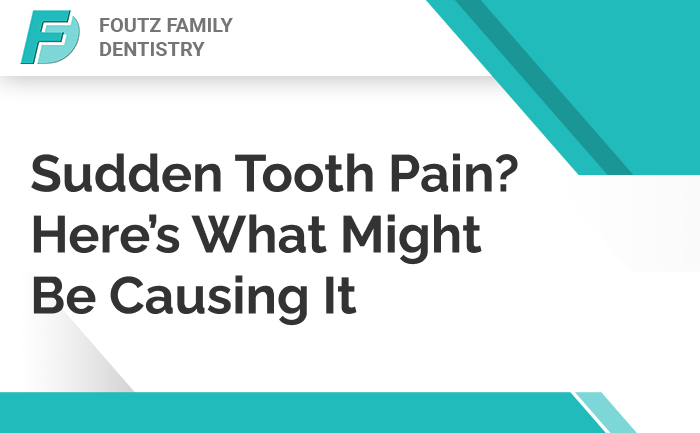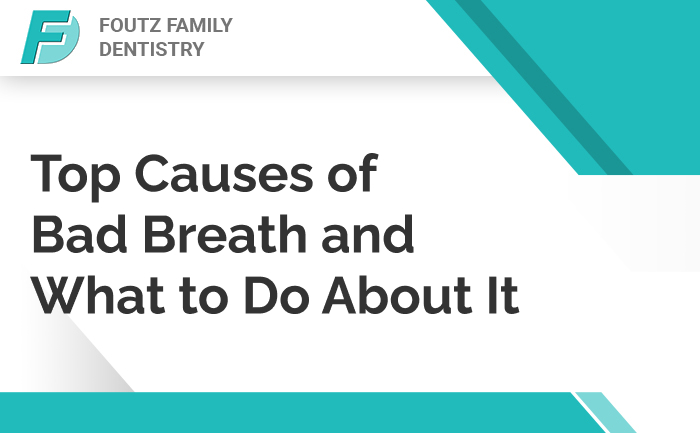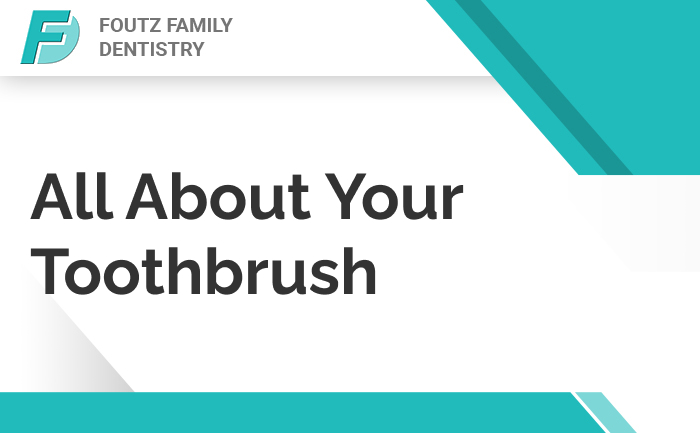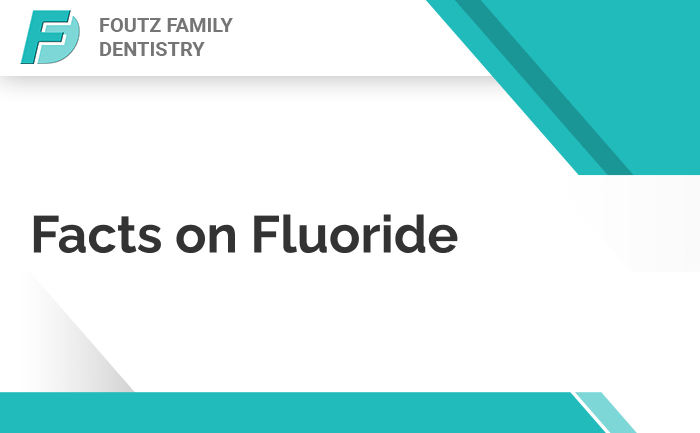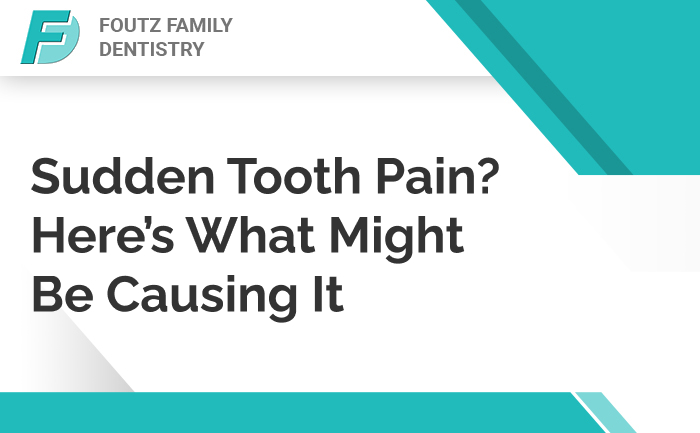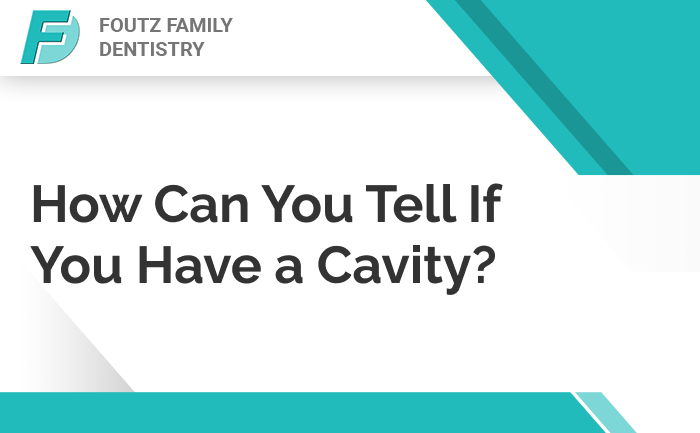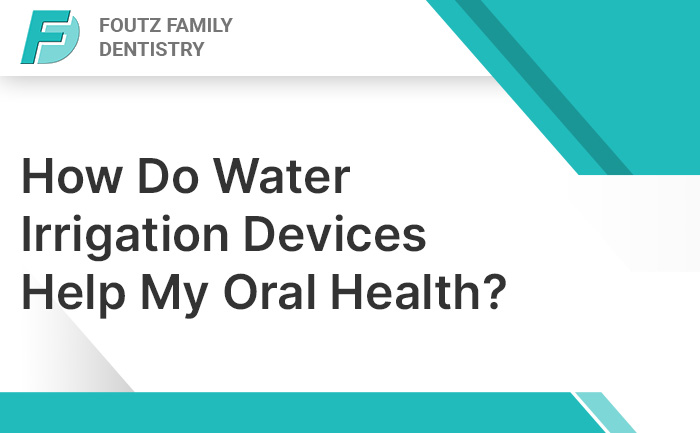Oral health requires more than brushing and flossing and is more than a reflection of a bright, beautiful smile. Various factors go into good oral health, as poor oral hygiene can impact gum health, leading to decay, deterioration, and disease. Emergent research has proven that oral health is linked to whole-body health, worsening symptoms of heart disease, diabetes, and sinus infections when oral hygiene is poor.
Overall, health is multifaceted, but your mouth is the gateway to other parts of your internal body. Good oral health is closely connected to whole-body health and can enhance mental well-being. It’s a dynamic interrelationship, and we explain the link between oral and whole-body health in this blog.
Read on!
Inflammation and Infection: The Role of Gum Disease
Periodontal disease is one of the most common oral inflammatory conditions, affecting the strength and overall health of teeth, gums, and underlying bones. When left untreated, gum disease can worsen significantly, sending bacteria into your bloodstream and worsening health conditions like COPD and swollen joints. Once the bacteria enter your bloodstream, the disease is more difficult to treat but not impossible, so seeking healthcare help at the first sign of bleeding or inflamed gums is essential.
Heart Health: The Mouth-Body Link to Cardiovascular Disease
What goes in your mouth spreads through your body, and bacteria can make a cross anywhere. Gum disease and heart disease have been linked numerous times because the buildup of plaque on your teeth can flow and stick to your arteries. This causes blockages, increasing the likelihood of heart attacks or severe strokes. In other words, good oral hygiene is crucial for heart health!
Oral Health and Mental Health: The Psychological Effects
The link between oral health and mental health can be a vicious cycle because some mental disorders lead to a lack of self-care, leading to embarrassment and more anxiety, leading to even poorer oral hygiene. The state of your mouth, teeth, and gums can sometimes show on the outside, especially when you smile, causing embarrassment or depression when oral care hasn’t been the best. Improving oral hygiene can positively affect mental health, promoting self-confidence and high self-esteem.
Strengthening Your Body’s Defenses with Good Oral Hygiene
Brushing, flossing, and routine mouthwash are good oral hygiene basics. Preventing infections of your teeth and gums prevents infections throughout your body, promoting overall health and bolstering your natural immunities and defenses. With good oral care, you can make yourself less susceptible to diseases and illnesses. Common colds and flu can be reduced because fewer bacteria enter your body through your oral cavity.
Eating for a Healthy Mouth and Body
The best diet is rich in vitamins and nutrients, supporting the overall health of your mouth, body, and mind. Wholesome, nutritious foods like calcium and vitamin D support strong teeth and bones, while antioxidants flow into gums, preventing periodontal disease.
Sugar-laden snacks are okay in moderation, but too many will affect oral health. Soda, candy, chocolate, and junk foods are bad for teeth, promoting cavity formation and decreasing enamel strength. Avoiding sugary, acidic foods encourages a healthier dynamic between oral and bodily health. Additionally, sugar can deteriorate teeth from the inside out, so brushing and flossing aren’t as effective for someone with a sugar addiction.
How to Maintain Oral and Overall Health: An Overview and Conclusion
Maintaining oral and overall health may seem overwhelming, but practicing good oral hygiene, eating nutritious foods, and avoiding too much sugar is simpler than you think. Easy-peasy.
Are you interested in a dental consultation and examination? Call Foutz Family Dentistry now!






